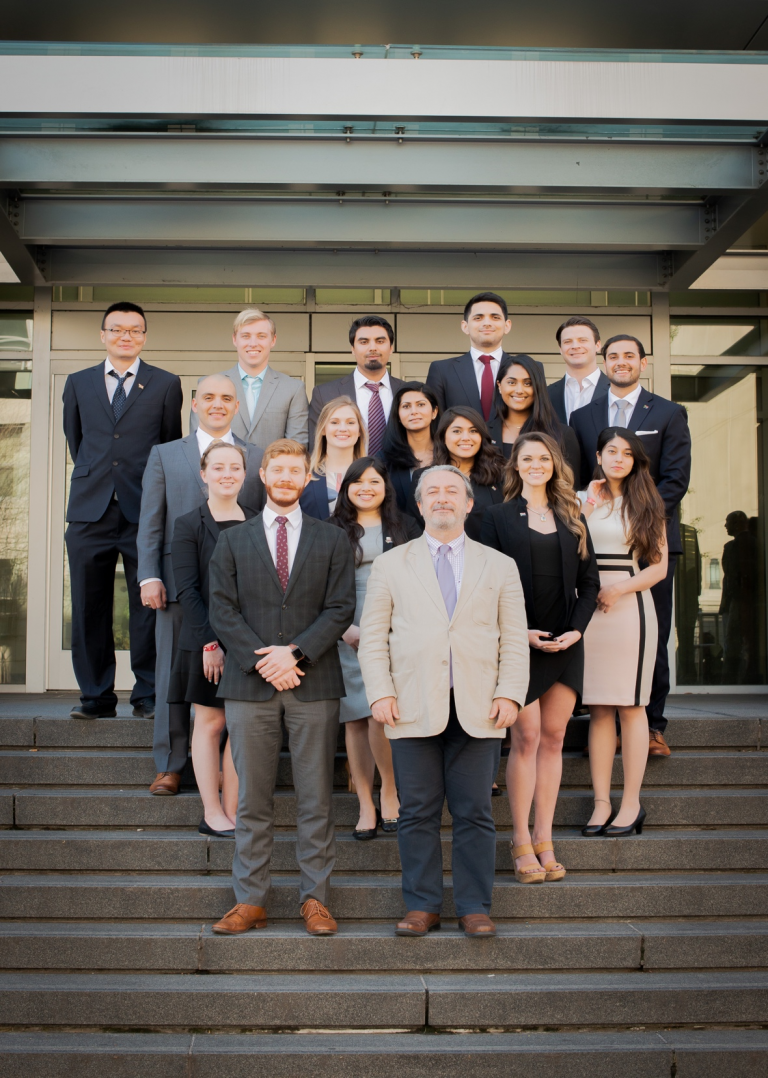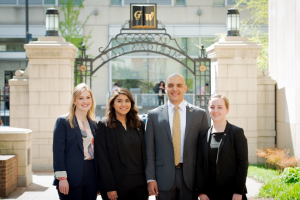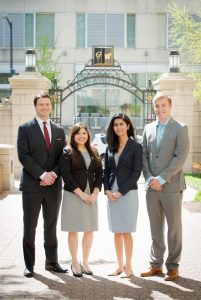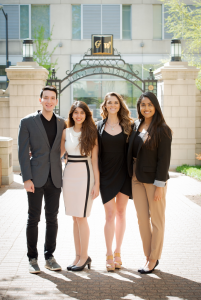Blog written by Visola Shukhrat
I am one week away from visiting my dream country and presenting my team’s brainchild, Reputational Risk Framework, in front of the most prominent investment group Peru. Four months of continuous teamwork, 120 busy days and sleepless nights of research, dozens of hours of discussions, minutes of hesitation, and seconds of frustration… This much effort was put forth to produce a final product that we will present in Peru as a part of Consulting Abroad Project (CAP) in our Global MBA Program.

The motivation that kept me awake at nights during this semester was knowing that at the end I will successfully present a unique project, become a world-class leader, and check another exotic country off my bucket list.
My teammates and I were chosen among other highly competitive students to work on one of the most ambiguous yet interesting projects – identifying reputational risks in the mining industry in Peru, and creating an index to measure, assess and monitor them. We were very excited about the project and thought it would be no challenge to create a simple index. HA!!!
As we had our first meeting with our client contact, Mariana, who is a head of Institutional Affairs at the corporate center for the Breca Group, we realized that we were looking at the project through “rose-colored glasses”. The project required us to do in-depth research on internal operations and external stakeholders relationships of the mining industry. Using that research, we needed to come up with the reputational risk index. The challenges around this project included a lack of resources on this topic in the world, difficulty in quantifying reputational risks, and simply not being able to find corporate documents in English, as all of them were in Spanish.
The project was a huge learning curve for the team, as we not only learned all about mining process and operations in this industry, but also experienced working in teams with different types of people and personalities. As a group leader, I personally learned a lot from the process of coordinating the whole project, allocating responsibilities, and delivering the message to the team properly. I realized that not all people absorb information equally and not everyone has the same priorities. As a team, we went through several stages of misunderstanding and miscommunication, which ultimately lead to an unsuccessful presentation in front of internal judges. This experience gave me the courage to pick up extra responsibilities, allocate work more productively, and start having an open conversation with teammates. One of the main takeaways from this stage was that it is essential to keep calm, even when you feel that everything is falling apart, and most importantly, to address issues when they arise and discuss it with everyone openly.
Professor Giridharadas gave me guidance on how to approach this type of problem, and I’m working to overcome them. I am looking forward to travelling to Peru and working on the final presentation stage.











